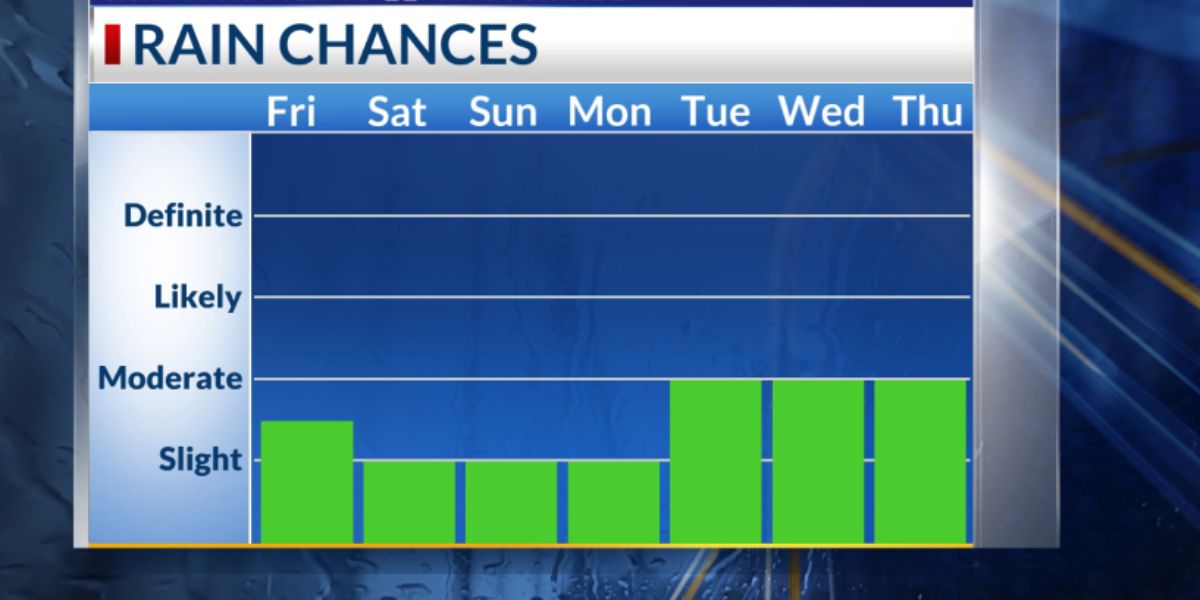In the heart of the Lone Star State, State Senator Bryan Hughes stands as a staunch advocate for free speech, championing the Texas law aimed at curbing social media censorship. With the Supreme Court now deliberating its fate, Hughes remains hopeful that this pivotal legislation will withstand legal scrutiny, safeguarding the fundamental right to express diverse viewpoints in the digital age.
At the core of Hughes’ argument lies the principle of free expression as enshrined in the First Amendment. He asserts that social media platforms serve as modern-day public forums, where citizens exercise their constitutional rights to engage in robust discourse. By restricting certain content moderation practices, the Texas law seeks to counter the dominance of tech giants in controlling online dialogue.
Hughes underscores the necessity of preventing a handful of tech oligarchs from wielding disproportionate influence over public discourse. He contends that these platforms, while privately owned, hold immense sway over the dissemination of information, potentially shaping public opinion and even electoral outcomes. For Hughes, the Texas law represents a vital safeguard against undue censorship and manipulation, particularly in the context of elections.
Central to Hughes’ argument is the analogy between social media platforms and essential utilities, such as cell phone providers or traditional telephone companies. He argues that just as these common carriers are prohibited from discriminating based on users’ religion or political affiliation, social media companies should be held to a similar standard. By extending protections for free speech to online platforms, Hughes seeks to uphold the principles of fairness and inclusivity in the digital realm.
Emphasizing the law’s focus on preserving legitimate forms of expression, Hughes clarifies that it does not condone unlawful behavior or hate speech. Rather, it seeks to safeguard political and religious discourse from arbitrary censorship, while ensuring that platforms remain vigilant against harmful content such as terrorism or explicit violence. In doing so, the Texas law strikes a delicate balance between upholding free speech and maintaining public safety.

As the Supreme Court weighs the constitutionality of the Texas law, Hughes remains optimistic about its prospects. He trusts in the wisdom of the justices to recognize the paramount importance of free speech in American society. With the ruling expected by June’s end, Hughes anticipates a decision that reaffirms the fundamental rights of citizens to express themselves freely on social media platforms.
Read More News:
- Tragic Loss: Retired Art Teacher Dies While Hiking in Palm Springs, California
- Gang of Audacious Robbers Storms Gucci Shop in New York City During Open Daylight!
- Venezuelan Gang Members Charged in Times Square Assault: ICE
In the ongoing debate over online censorship and free expression, Texas stands at the forefront, championing legislation that seeks to empower users and preserve the vitality of public discourse. With State Senator Bryan Hughes leading the charge, the Lone Star State remains steadfast in its commitment to upholding the principles of free speech in the digital age.






